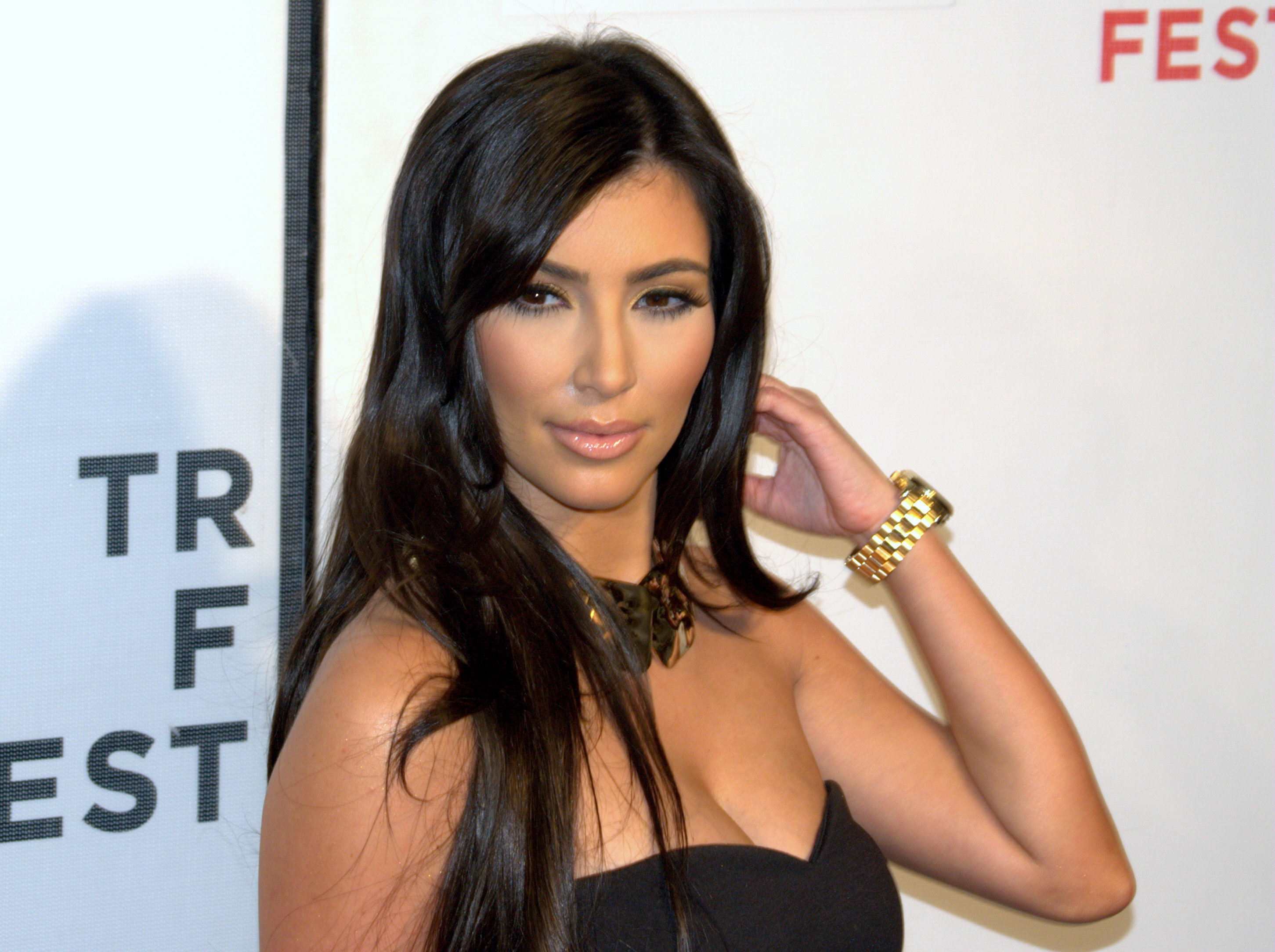Celebrity culture does not necessarily have to be a scourge on society
Last month, 63-year-old Alice Johnson was released from prison after being granted clemency by President Donald Trump. Johnson was jailed in 1996, receiving a life sentence without parole, for taking part in a cocaine distribution ring and was convicted on charges of attempted possession of drugs and money-laundering in Tennessee.
Action towards the release of Alice Johnson had been building for some time, as many felt that the life sentence she received was unreasonably harsh. A petition was launched on Change.org by Johnson’s daughter and an article was written by digital news company, Mic, in 2016 calling for Obama to grant clemency to Johnson and other prisoners. But the case really began to gain momentum when reality star Kim Kardashian West got involved after seeing a video about the case. Kim didn’t say anything that anyone hadn’t said before, the difference was that due to her celebrity status, she was able to get more people to listen.
Part of the Kardashian-Jenner business enterprise, with 112 million Instagram and 60.1 million twitter followers, as well as a reported net worth of $175 million, Kim Kardashian certainly has influence. These kinds of figures make it clear that we are living in a world obsessed with celebrity culture. So, when Kim Kardashian West says or does something, as is the case with many other celebrities, it has far reaching consequences. Kim is the perfect example of a celebrity who doesn’t always get the balance right with the platform she has, as was proven last month when she was slammed for promoting appetite supressing lollipops.
When Kim Kardashian West says or does something, as is the case with many other celebrities, it has far reaching consequences
Obviously, her involvement in Alice Johnson’s case raises questions about the extent to which celebrities have power within our society and the sway they may hold over political and legal operations. It’s fair to ask what place a woman famous for taking selfies has in challenging the law. Kim is clearly aware of this though as she said in an interview with Mic: “I’ve never claimed to know everything about prison reform, but I know that I’m interested and I know that I have a voice.”
The intention of those involved and some of the moral ambiguities surrounding the case don’t change the fact that Alice Johnson is now free of her unjust sentence and that most certainly is a good thing. It’s hard to deny that Kardashian West, in this instance, has been able to wield the powers and privileges given to her as a result of her celebrity status to do good.
Some people may be critical of the case, stating that Alice Johnson was cherry-picked among thousands of other prisoners with similarly unfair sentences. Yet, in saying this, people fail to recognise the way in which Johnson has now become a symbol for all of those still serving unjust sentences. Through backing Alice, Kim has brought to the attention of millions the changes that need to made to the justice system through the platform that she has. Kardashian West herself said that the process to change is in “baby steps” and Alice’s release is just the first one.
Kim’s platform has highlighted that there are at least 3,000 incarcerated people serving life sentences without the possibility of parole for nonviolent drug and property crimes. According to 2013 statistics from the ACLU, 79% of these people were convicted for nonviolent drug offences, and about 65% are black. With Kim’s ability to project these statistics on a wide scale, hopefully more people will start lobbying for legal change.
It’s fair to ask what place a woman famous for taking selfies has in challenging the law
In an article for The Guardian in 2011, journalist Peter Stanford said of celebrities engaging in charitable causes: “Celebrities can get in the way, the messenger becoming more important than the message.” This might be true in certain cases, but I think in the most part the “messenger” makes sure that people are aware of and stay engaged with the “message”.
Past celebrity actions have highlighted this. Take, for example, the way in which Princess Diana was able to change the attitude towards HIV/AIDS in the late 1980’s and early 90’s, mostly through a single picture of her shaking hands with a patient. Or Leonardo DiCaprio setting up his self-titled environmental foundation in 1998, bringing awareness of the crisis facing our natural world through the platform he has, which was reiterated in his 2016 Oscar’s acceptance speech where he used the spotlight to warn about climate change.
This is not saying that celebrities are ‘heroes’ or should be overly praised for their good work as countless people across the globe do far more commendable things every day. Nor that our celebrity culture in itself is a good thing, just that is can be used to do good. Our celebrity culture doesn’t appear to be going away any time soon and so celebrities can and should (and should be encouraged to) use their powers for good.

Comments